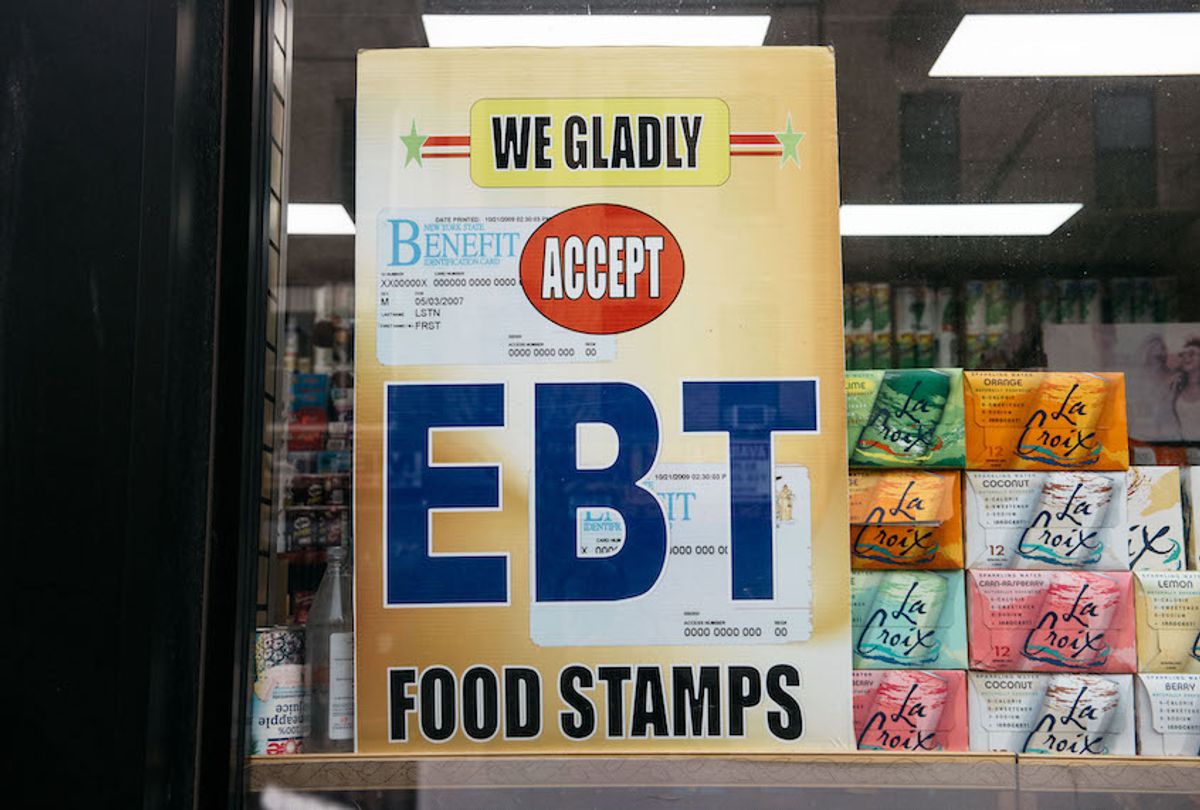Facing a persistent crisis in providing food assistance, Alaska has once again fallen behind in processing applications for the Supplemental Nutrition Assistance Program (SNAP), leaving thousands of residents waiting for help to put meals on the table. Despite initial progress — after a 2023 backlog that swelled to 15,000 applications prompted a state intervention — recent data shows the system faltering. By October 2024, only 72% of initial applications were processed on time, down from 89% in June.
A federal judge has now intervened, issuing a preliminary injunction that compels the state to take immediate action to meet federally mandated deadlines. The order, issued by U.S. District Court Judge Sharon Gleason, mandates monthly progress reports and underscores the systemic challenges Alaska faces in delivering basic services to its residents, particularly in one of the nation’s most remote and resource-strained regions.
The lawsuit that prompted the injunction highlights a host of deficiencies in the state’s administration of SNAP, a federally funded program designed to help low-income families afford food. Plaintiffs allege that the state has failed to process applications within the required 30-day timeframe, neglected to provide adequate language access for applicants with limited English proficiency, and failed to notify individuals of their right to appeal delays. These failures, plaintiffs argue, not only violate federal law but also infringe on the constitutional rights of Alaskans seeking assistance.
The court's ruling follows a turbulent period for Alaska’s SNAP program. As reported by Anchorage Daily News, after the 2023 backlog led federal officials to temporarily waive an interview requirement to expedite processing, the state initially showed signs of recovery. However, with the waiver’s expiration in October, progress stalled, leaving many families facing extended waits for food assistance.
For Alaskans, the stakes are high. The state’s geographic isolation and high food costs make SNAP an essential lifeline for tens of thousands of households. Advocates have long warned that the program’s failures disproportionately affect rural communities and those with limited access to alternative resources.
We need your help to stay independent
In its defense, the state has argued it has made “considerable efforts” to address the backlog, including by hiring a consultant to create new staffing patterns to address understaffing, as well as overhauling an online system to streamline applications which, according to Anchorage Daily News, is expected to be fully running in July 2025 “after more than $54 million was appropriated in 2023 to overhaul the Division of Public Assistance online system.”
However, Gleason said those changes were not sufficient. “While these efforts are commendable, there is at present no indication that these efforts will successfully bring (the Department of Health) into full compliance with the processing deadlines,” she wrote.
Her injunction seeks to provide immediate relief while the broader case unfolds, and the motion outlines three primary directives.
First, the state is urged to process all SNAP applications and renewals promptly, including those eligible for expedited processing and those currently overdue, in accordance with federal regulations. Second, the motion calls for written notice to be provided to individuals whose applications are delayed beyond the required timeframes, offering them the opportunity to request a fair hearing. Lastly, the filing seeks to establish accountability measures, allowing plaintiffs’ attorneys to flag instances of delayed or mishandled applications, with the state required to investigate and respond within three business days, naming the employee responsible for resolving the issue.
"Doing nothing for another three or four years while hundreds of families go hungry is just not an acceptable status quo."
James Davis, an attorney with the Northern Justice Project —the firm that had brought the original suit — said the reporting requirement would add a layer of accountability to the state.
“Doing nothing for another three or four years while hundreds of families go hungry is just not an acceptable status quo,” said Davis.
In the meantime, the ruling casts a spotlight on the challenges of maintaining a reliable safety net in Alaska and raises questions about the state’s ability to deliver critical services in times of crisis.
Alaska is not the only state grappling with a severe backlog in processing food aid applications. Colorado, too, has faced criticism for delays in its SNAP and other food assistance programs, with federal officials placing the state under a corrective action plan in 2024. According to The Colorado Sun, Colorado had ranked among the bottom five states in processing food aid applications on time, leaving many families waiting for weeks — or even months — for critical support. The delays, compounded by a surge in applications since the pandemic, left residents struggling to put meals on the table.
“These aren’t just numbers to us. They are people,” Shelley Banker, director of Colorado’s Office of Economic Security, told the Sun at the time. “We know that feeding people is important. That’s why we’re working with our partners in the counties to really dig into this and to understand what is happening.”
The situation in Colorado mirrors the challenges faced by Alaska, highlighting a broader national issue of states struggling to meet federal requirements for timely food assistance processing. Both states underscore how the pandemic, staffing shortages, and surging demand have pushed safety net programs to a breaking point, leaving vulnerable families to bear the brunt of systemic failures.



Shares